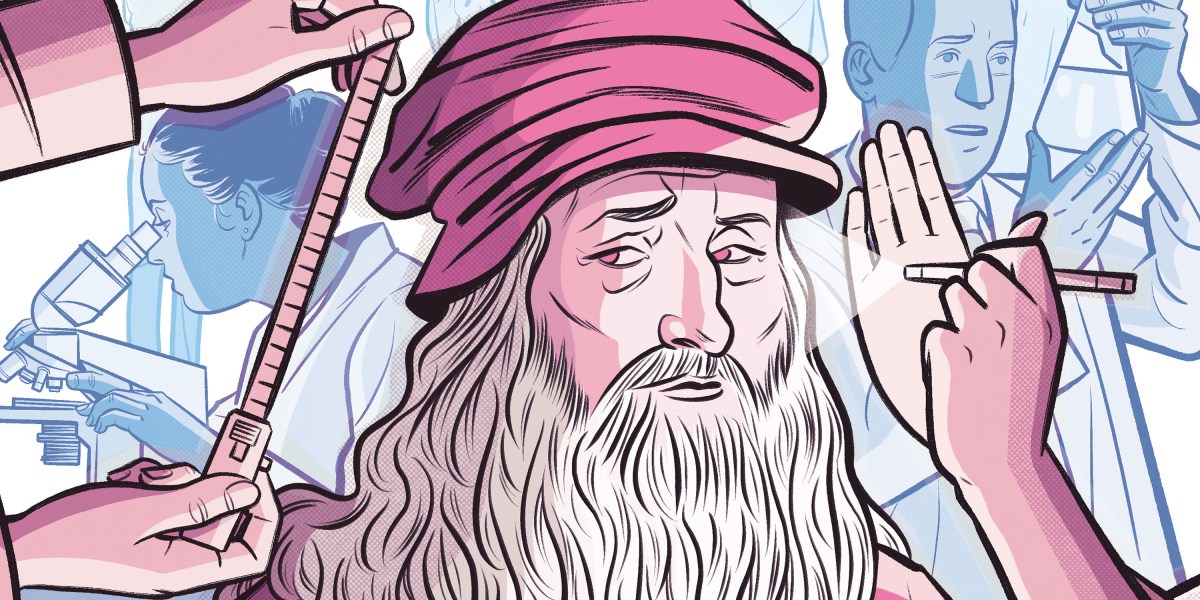HOW did you sleep last night?
One in eight adults in the UK admit to feeling tired all the time, according to a survey by YouGov.
4
Brain fog, body aches, headaches and fatigue are all common symptoms of chronic tiredness.
The logical reason is you have not had enough sleep. But the alternative answer is you are not rested.
The term “seven pillars of rest” was coined by Dr Saundra Dalton-Smith, author of Sacred Rest – the idea being that to be truly restored, you need physical, mental, creative, sensory, spiritual, emotional and social rest.
Here’s how you can achieve all seven types…
Physical Rest

4
Physical rest is either passive (sleeping) or active (restorative activities that help improve circulation and flexibility, such as yoga or massage).
Without enough sleep, we are at risk of disorders such as high blood pressure, type 2 diabetes, heart disease and more.
Meanwhile, active rest can help relieve the body of physical stress, such as muscle tension.
Try to loosen your body when you can to help you sleep better, such as by stretching before bed or throughout the day.
“Look at the ergonomics of your workstation – how your chair and computer are set up, and how this can affect your posture,” says Dr Dalton-Smith.
Mental Rest
In her TED Talk, Dr Dalton-Smith describes an office worker who needs mental rest – they sleep for seven hours a night, but come to work with a huge coffee, are irritable, easily distracted and going through the motions to get their pay cheque.
At night, they struggle to switch off.
Dr Dalton-Smith says this person needs to take short breaks throughout the day to slow the mind.
“Mental rest techniques can include keeping a notepad by your bed to jot down nagging thoughts,” she says.
Psychotherapist Abby Rawlinson, author of Reclaiming You, adds: “Meditation and time away from technology can quiet the mental noise.”
Sensory Rest
A traffic jam, background conversations or bright office lights can lead to sensory overload, which is when the brain struggles to process the volume of information coming in from the five senses.
“People who need sensory rest may find that they feel good at the beginning of the day, but can’t understand why at the end of the day they are so irritable,” says Abby.
Some people are more susceptible, such as those with ADHD.
“Something as simple as closing your eyes for a few moments can help with this,” says Dr Dalton-Smith.
“It’s also a good idea to unplug from your electronics at the end of each day.”
Creative Rest

4
Imagine taking in a beautiful landscape, such as the beach or rolling mountains.
This is creative rest, which reawakens the childlike awe and wonder inside us.
Dr Dalton-Smith says: “You can’t spend 40 hours a week staring at beige walls and expect to feel passionate about anything or come up with ideas.”
She suggests making your workspace inspiring, with artwork or plants, for example.
Squeeze a museum visit into your lunch break, or stroll around a food market and eat something new.
“Creative rest involves exposing yourself to inspiring environments without feeling the need to produce a creation,” Abby says.
Emotional Rest
Do you feel the need to be nice or cheery to others but, in the process, fail to put your own emotions first, and often feel under-appreciated?
You may need more emotional rest, which is the “freedom to authentically express feelings and eliminate people-pleasing behaviours”.
Emotionally rested people would answer the question: “How are you?” with a truthful answer, rather than just saying what people want to hear, says Dr Dalton-Smith.
Lean on those you trust and don’t hide your feelings.
If it feels daunting to be vulnerable, start by writing down how you feel.
Learn to say “no”, even if it leads to confrontation.
Social Rest
Social rest is closely linked to emotional rest and requires the wisdom to differentiate relationships that revive us from those that exhaust us.
“Research suggests we have mirror neurons that allow us to receive the emotional information of others,” explains Dr Dalton-Smith.
“So, if you surround yourself with negative people, you will soon start feeling like them.
“Surround yourself with positive and supportive people.
“Make time for friends who want nothing more than to be in your presence.”
Dr Dalton-Smith also recommends prioritising face-to-face socialising over virtual.
Spiritual Rest

4
Have you been feeling a lack of purpose, wondering if there is more to life or perhaps if you have made the right choices?
You may be in need of spiritual rest, which is “to have a deep sense of belonging, love, acceptance and purpose,” says Dr Dalton-Smith.
“It might mean practising your religion or engaging with something that gives you a sense of purpose, whether through community or work, where you feel like what you do matters,” Abby explains.
Alternatively, try yoga or a meditation class, or spend time outdoors in nature, either by going on a long walk, or just sitting in your garden listening to the birds.
- Sacred Rest by Dr Saundra Dalton-Smith (£14.99, Faith Words) and Reclaiming You by Abby Rawlinson (£16.99, Ebury Press) are out now




